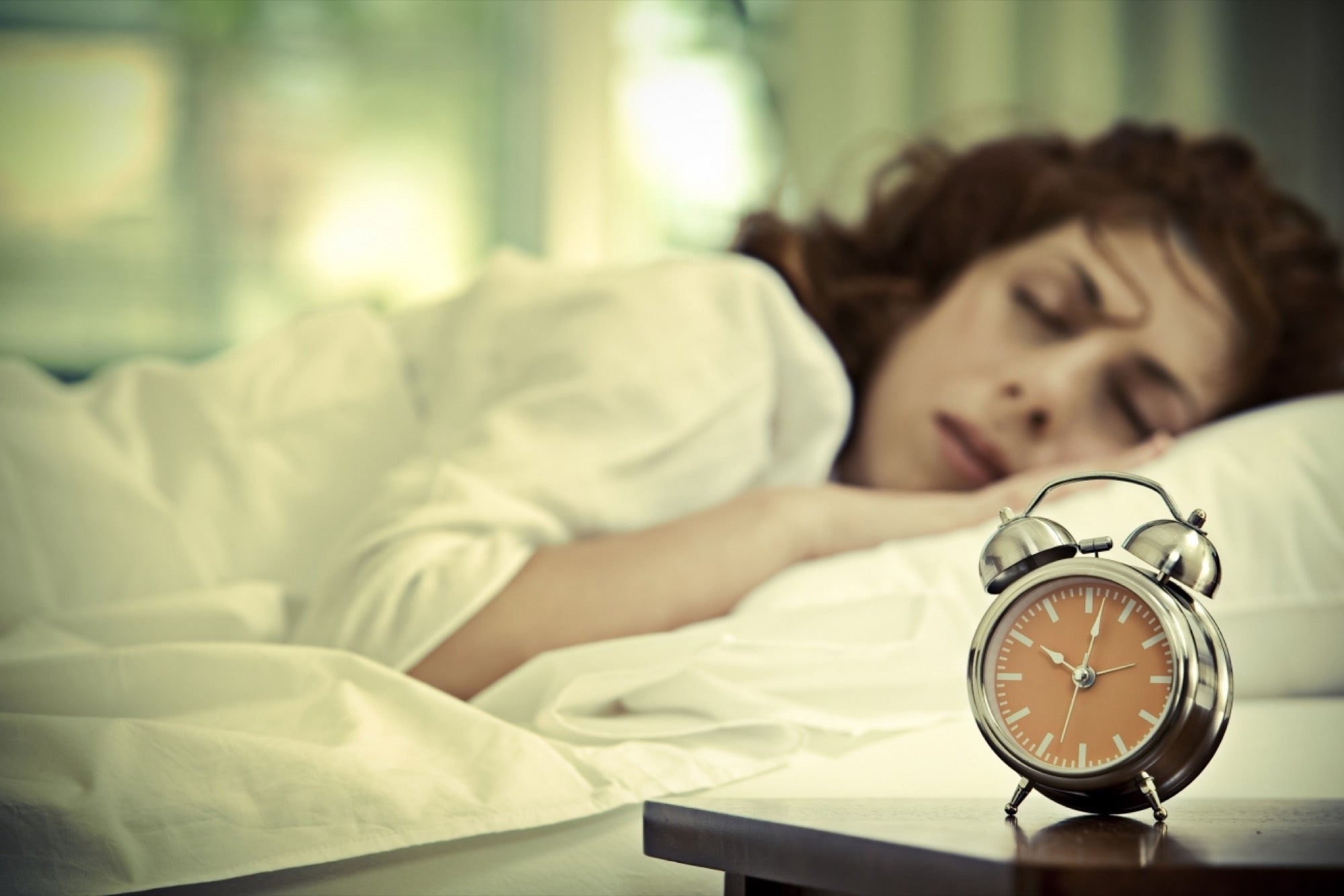Less Sleep Makes You More Likely to Catch a Cold, Study Finds More than 160 people caught colds for science in an effort to better understand how sleep impacts our immune systems.
By Nina Zipkin

With summer on the way out, cold and flu season will soon be upon us. We all know to wash our hands often to avoid getting sick, but a new study suggests that getting more sleep may be just as important in cold prevention.
In the study, researchers monitored the sleep patterns of 164 healthy men and women between the ages of 18 and 55 for a week. The participants kept sleep journals and wore wrist actigraphy devices to track their movements and activity as they slept. They were then quarantined, exposed to the rhinovirus (also known as the main cause of the common cold) and monitored for five days afterward while the colds took hold.
Related: Your DNA Might Determine If You're an Early Bird or a Night Owl
Ultimately the researchers found that the people who slept six hours a night or less were four times more likely to contract a cold compared to those who got seven hours of sleep or more.
"Short sleep was more important than any other factor in predicting subjects' likelihood of catching cold," said Aric Prather, assistant professor of psychiatry at UC San Francisco and the study's lead author. "It didn't matter how old people were, their stress levels, their race, education or income. It didn't matter if they were a smoker. With all those things taken into account, statistically sleep still carried the day."
Related: Secrets to a Good Night's Sleep: The Do's, Don'ts and What We Still Don't Know
Still, they noted that there was still work to be done to find out more. "Whether sleep interventions aimed at increasing sleep duration would protect individuals from cold incidence remains an open question."
The study was carried out by psychiatry and psychology researchers from the University of California San Francisco, the University of Pittsburgh Medical Center and Carnegie Mellon University. The results have been published in the journal Sleep.
Related: This Is Your Brain on Not Enough Sleep (Infographic)










